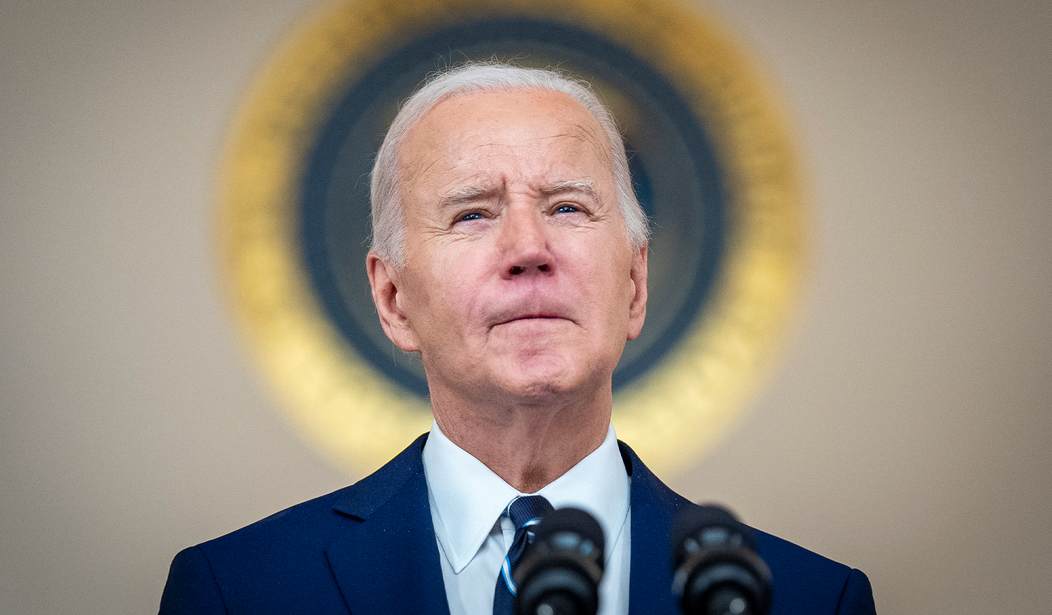The Supreme Court has heard arguments in the Trump v. Anderson Colorado ballot challenge and is expected to rule shortly. How it rules could determine the fate of the United States.
There are three paths the Court could take. It could reject the ballot challenge, ruling that Trump didn't participate in or incite an "insurrection." SCOTUS could also accept the argument that Trump is an insurrectionist and consequently bar him from the ballot based on language in the 14th Amendment.
The first path is far more likely than the second, given the skepticism of both conservative and liberal justices about at least some arguments that the plaintiffs made. But there's a third path the court could take that's unlikely but possible given Chief Justice John Robert's desire to find unanimity in a historic decision like this one.
Liberals on the court might reject an argument that Trump is not an insurrectionist but don't think an individual state should decide a ballot question. But they might accept an argument that only Congress can decide a question about the 14th Amendment, punting the issue to Congress.
Roberts and many conservatives believe that the 14th Amendment was meant for Congress to enforce, not individual states. Otherwise, we end up with a situation we might see in this election: blue states declaring Trump ineligible while red states keep him on the ballot. This would delegitimize the election and throw the nation into chaos.
In interviews and court documents, legal scholars have used phrases like “catastrophic constitutional crisis,” “political instability” and “horrendously ugly” to caution the justices against taking the easy way out of a dispute they predict could “come back with a vengeance” next year if Trump wins the election.
“This is volatile stuff,” said Gerard Magliocca, law professor at Indiana University and one of the nation’s foremost experts on the ban.
Based on their questions during more than two hours of oral arguments Thursday, a broad majority appeared sympathetic to Trump’s claim that Colorado did not have the authority to remove him.
But that wouldn’t answer the question of whether Congress can decide he’s ineligible to serve.
“If the court says only that states cannot enforce (the ban) against presidential candidates, that is not the same as saying that Trump is eligible to serve,” said Magliocca, who backed the Colorado voters challenging Trump. “The court would be taking no view on that question. And that means that if Trump wins, people will feel free to go to Congress on January 6, 2025, and ask them to declare him ineligible.”
I can't see how the case can be put to rest without resolving the question of whether January 6 was an insurrection or a riot. If the court says that the rioters were trying to overthrow the government by preventing the certification of the electoral vote count and Trump incited the crowd to do that, it would be in agreement with the Colorado Supreme Court, and Trump could be declared an "insurrectionist."
But no court in America has ever claimed that Trump incited the crowd to do anything. It would be a first, and the Supreme Court, generally speaking, hates setting precedent.
But if the Court punts the issue by saying that the Colorado Supreme Court didn't have the power to declare Trump ineligible, it will open a can of constitutional worms that would throw post-election America into chaos.
If we think that the states can’t enforce this provision for whatever reason in this context, in the presidential context, what happens next in this case?” Jackson asked. “Is it done?”
Murray said the current case would be over but warned the underlying issue could “could come back with a vengeance.”
Ultimately, Murray said, members of Congress “may have to make the determination after a presidential election if President Trump wins about whether or not he is disqualified from office.”
How can there possibly be peace if Trump is declared ineligible after winning the election? How can either man govern under these circumstances?
It's foreseeable for courts to tie up the case for months, possibly even years. In that case, the Constitution says that the Speaker of the House would serve. But what if Biden and/or Trump claim that the 25th Amendment is ambiguous in this case? The succession was only to be triggered in the case of death or incapacitation of the president. Beats me.










